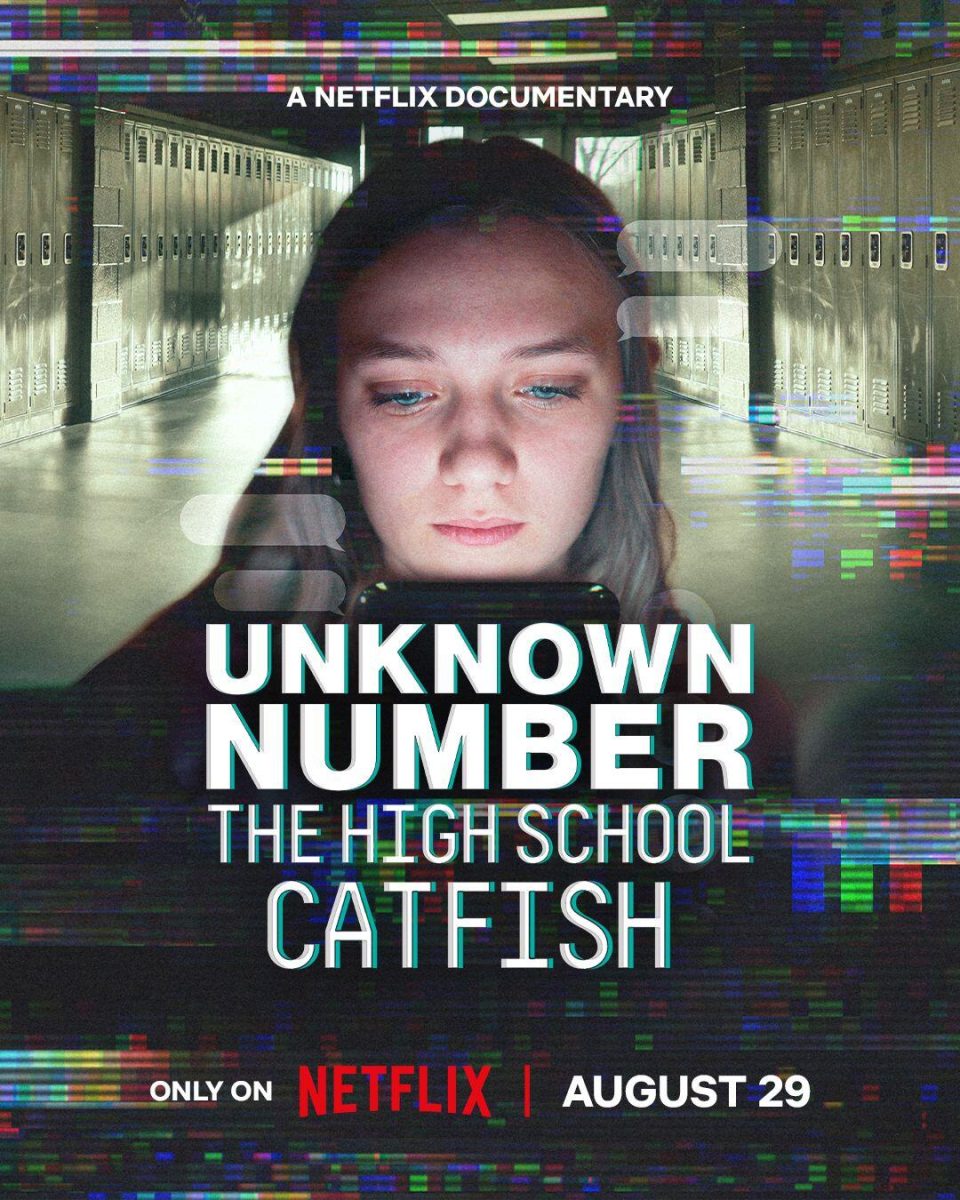Netflix has recently published a powerful documentary that reveals the hidden dangers of online harassment. Netflix’s documentary not only reveals a shocking family betrayal but also illustrates the borders dangers of cyberbullying, showing its severe mental, social, and academic consequences.
Netflix’s recent documentary Unknown Number: The High School Catfish shocked audiences with its unusual and heartbreaking twist. The film follows the story of Lauryn Licari, a Michigan teenager, who along with her boyfriend, received hundreds of anonymous, degrading text messages. These messages included insults, false accusations, and even pressure for Lauryn to end her own life. After months of investigation, police traced the harassment back to the guilty culprit. The documentary features interviews of everyone involved from the kids to the police, to the parents.
While the case is extreme, it also raises awareness of the much larger issue of cyberbullying.
This shocking story serves as a disturbing example of what many young people face in less extreme but equally damaging ways. Cyberbullying is defined as harassment, threats, or humiliation that takes place online. Unlike traditional bullying, digital harassment follows victims everywhere—through phones, apps, and social media. Victims cannot simply walk away, and the effects can be long-lasting.
Research shows that cyberbullying has serious consequences for teenagers’ mental, social, and academic health. A 2025 BMC Public Health study reported that over half of U.S. adolescents had experienced cyberbullying, with frequent victims showing higher levels of depression, anxiety, and trauma symptoms. Interviews with teens reveal that one of the hardest aspects is the anonymity of online harassment.
Not knowing who is behind the messages creates feelings of fear and helplessness. Students often describe bullying as “never-ending” because it can happen at any hour of the day or night. The psychological toll is immense. Victims often suffer from low self-esteem, loneliness, and social withdrawal. In some cases, cyberbullying leads to suicidal thoughts or self-harm. A Washington Post article from 2024 shared one teen’s experience: she described feeling exhausted before school every morning, simply from the stress of opening her phone to new insults. Beyond mental health, there are academic and physical effects. Students who are bullied online often struggle to concentrate, skip classes, and see their grades fall. Many also develop sleep disturbances and chronic stress symptoms. Emerging research now suggests cyberbullying may qualify as an adverse childhood experience, showing how deeply it can impact long-term well-being.
The lesson from Unknown Number is that cyberbullying can come from unexpected sources and cause lasting damage. Preventing it requires open communication, where teens feel supported in sharing their experiences. Schools must have clear policies and counseling resources. Technology companies also play a role by strengthening reporting systems and promoting digital safety education. On a personal level, blocking abusive accounts and limiting online exposure can provide some protection.
The case is extreme, but the message is universal: online harassment damages trust, mental health, and safety. By combining awareness, education, and compassion, families, schools, and communities can better protect young people from the hidden dangers of the digital world.










